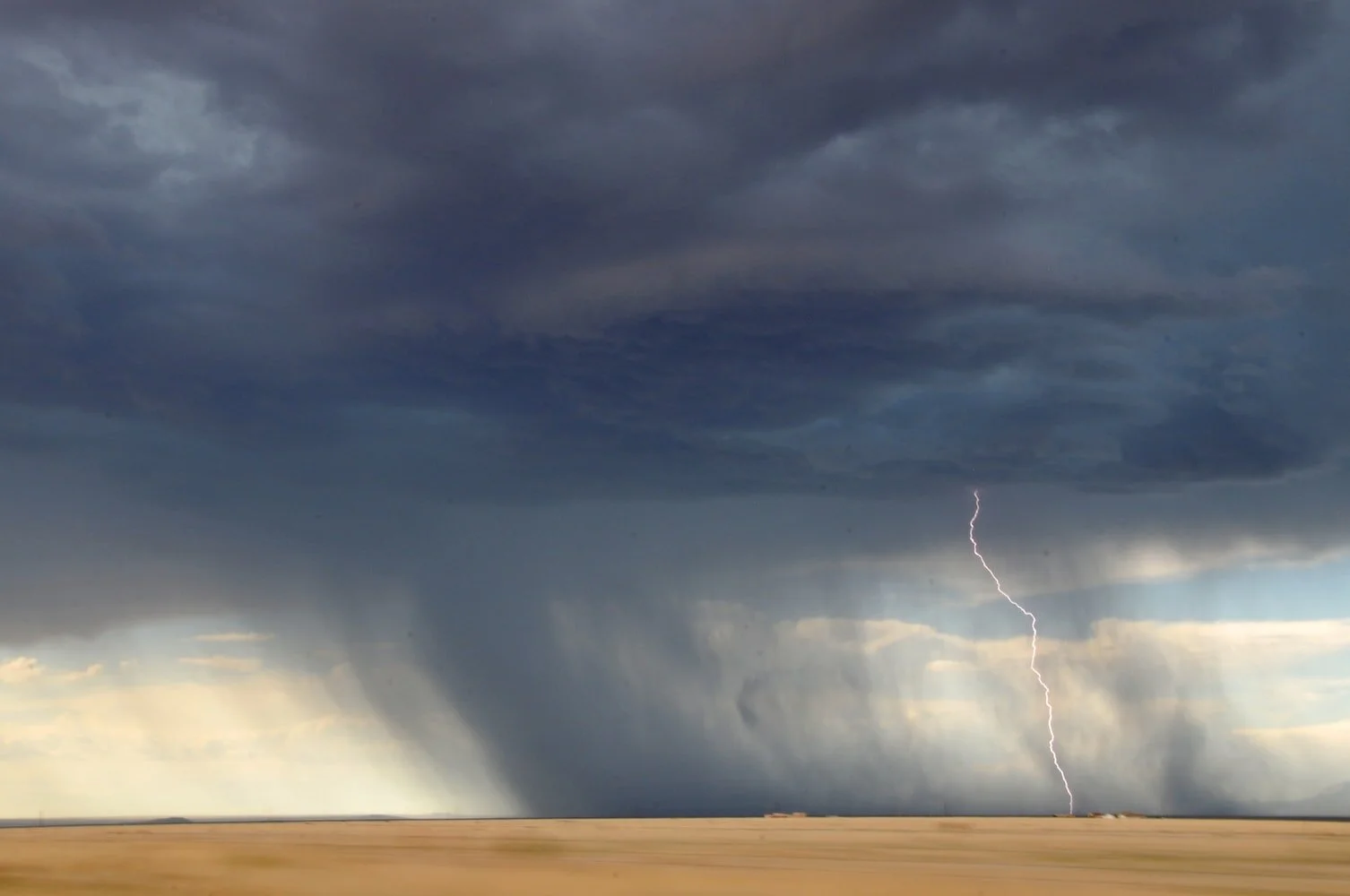Being “crisis ready”
This article was originally published here by the Boating Industry
— by Bill Yeargin
The past 100 years has seen one crisis after another; WWI, the Spanish Flu, the stock market crash, the Great Depression, WWII, Korean War, flu’s of the 50’s and 60’s, Vietnam War, Oil Embargo, inflation, sky high interest rates, the ‘87 stock market crash, the Gulf War, 9/11, the Great Recession and now COVID-19. You’d think we would recognize that crisis is a regular occurrence; but, we don’t.
Despite a clear track record of crisis on a consistent basis, we often get captured by the thought that when things are good, they will stay that way.
Last year I read a book, called “This Time It’s Different,” that did a good job of explaining how we get captured by thinking our current situation is different than similar situations in the past and ignore lessons we should have learned.
As Mark Twain is reputed to have said, “History does not repeat itself, but it rhymes.”
Since it is difficult to project what the next crisis might be or when it will occur, some of the best things we can do are:
• Expect that there will be a crisis even (maybe, especially) when you don’t see it coming and remain flexible.
• Create a crisis business model that is flexible and can be adjusted quickly if needed. I am wired to be an optimist, so this is not negative, it is smart.
• Have a downturn plan ready. While you cannot predict the crisis, you can have a plan for how you will function when a crisis happens. This is not necessarily a detailed plan, but a model that helps you adjust your business for the unpleasant surprises that are inevitable. This needs to be a workable model with targets that are achievable.
• Once the crisis starts, assume a “fighter pilot” mentality. My CIA agent friend Michele tells me that CIA agents are taught that they have three options in a crisis (fight, flight, or freeze). She says the CIA teaches them the importance of “getting off the spot;” which means that of the three options, the worst choice is to freeze.
• Use the crisis as an opportunity to “reset.” I have been repeating this with our team over and over since COVID-19 began. As much as we don’t want to deal with this pandemic, it is a rare opportunity to make substantive change. No one wants a crisis, but teams need to see them as an opportunity.
Forming your team’s thinking is more important than giving them a to-do list. Get your team to take on a fighter pilot mentality and embrace crisis as an opportunity; they will take care of the details.
The last couple of months we have all had a crash course in crisis management, and, this particular crisis has been one with no playbook. We have all been writing the pandemic playbook on the fly. But despite the uniqueness of a global pandemic, the crisis principles are still the same; there are things we can do to prepare and respond well when the unexpected happens.
Related articles
What is the added value of being a Christian in times of crises? We live in the same world, face the same circumstances, and experience the same crises?
We cannot find stability in the changing circumstances or in trying to control them. The characteristic of our time, and I think of all times, is that we cannot make or control this world.
As a follower of Jesus, my go-to place for inspiration is the Bible, which says, “Remember the Lord your God, for it is he who gives you the ability to produce wealth.” (Deuteronomy 8:18). Clearly, wealth creation is a gift of God, not a gift of capitalism.
As entrepreneurs, the desire to be in control is often why we set out on this trajectory.
One of my fondest memories as a little boy was going to Klang (a town in Malaysia where my parents are from) every weekend and eating bak kut teh (pork rib soup) with my parents at a famous local joint.
“Just because I’m big of heart, doesn’t mean I am slow of mind or weak of hand.” That’s the somewhat offhand comment Patricia Asp made to me in a recent 10 Talent LeaderTalk Podcast interview (ForbesBooksRadio.com/10x) when I asked her about how she reconciled her Christian faith with the demands of senior leadership.
The past 100 years has seen one crisis after another; [….] You’d think we would recognize that crisis is a regular occurrence; but, we don’t.
Two weeks into COVID-19, when other people were losing jobs and schools were shutting their doors to complete the school year online, God spoke to me about returning to the marketplace.
For the first time since the threat of nuclear annihilation hung over the UK in the 60s, millions of us are worried about dying, or worried about someone else dying. Suddenly, the question ‘if you were to die tonight, where would you go?’ has a fresh pertinence.
Survival is a funny thing. Survival can feel good. The adrenaline rush which comes from dodging a train is a good one. But if we get into a habit of just avoiding bad outcomes, we can easily start redefining success as “we’re good at avoiding bad outcomes.”
Many organizations (businesses, nonprofits, schools, churches) are struggling mightily to survive the blizzard of viral spread and rolling shutdowns. Many will not survive the arduous winter as social and economic life re-emerges in fits and starts, lacking the assets or the positioning to advance their mission under new constraints.
Recently, Chuck Bently and his team at Christian Economic Forum had Henry Kaestner on their podcast to talk COVID-19, generosity in the midst of crisis, and alternative recovery scenarios.
“We are all in same storm, just with different boats”. Yes, we are indeed and it is that way through any crisis or situation. There are those who always have bigger, sturdier, and stronger boats and there are those who are in the storm with maybe nothing more than a lifeboat.
I never saw it coming. I started my business part-time in January, 2000, and I completed my MBA in September of the same year. I purchased my second new construction home. Things were going well, and I could not have been happier.
If you are not a mentor and would like to step into the opportunity to pour out your life into the life of a future leader, Leadership Edge offers an online, interactive training that will provide a framework for authentic, Life-On-Life mentoring.
“It is up to us how we move through this crisis and come out of the other side. ……….When things come apart, there is always the opportunity to put them back together differently.” — Scottish Government
Although pain is inevitable, misery is optional. The same calamity can produce positive change in one person and cause caustic bitterness in another. Whether pain's life-shaping power makes us better or bitter depends on what we believe about God.
These are unprecedented times for all of us in business. It doesn’t matter if you are an employer or employee. The result of this whiplash is to cut expenses and to cut them fast. The biggest expense item is payroll. Cut people. The hardest thing you’ll ever do in business.
We’re living in truly turbulent times. As a leader, what will guide your actions in the days ahead? How will you calm, encourage and inspire those you lead? You can help people gain fresh perspectives by using analogies and metaphors. Your life story holds experiences that can serve as solid reference points for your leadership message of hope and empowerment.
Between 250 and 270 A.D. a terrible plague, believed to be measles or smallpox, devastated the Roman Empire. At the height of what came to be known as the Plague of Cyprian, after the bishop St. Cyprian who chronicled what was happening, 5,000 people died every day in Rome alone.
This is what we do. We create. We can’t help ourselves. We’re hardwired, hand-built, wonderfully created to create. It’s because we’re fashioned in the image of the Creator. The One who breathes new life into dust, speaks cosmos into existence, and never ceases in making all things new.
He created. He creates. We’re created. We create.
At a macro-level we need to have a national plan to get businesses and local economies back open as soon as possible in a safe and responsible way, and in the mean-time we need to find creative and aggressive ways to patronize these businesses and keep cash flowing. Lives depend upon it. Legislative and policy maneuvers can serve as temporary bandages, but only real-world commerce and trade will enable economies to heal.
We need a plan to "Black Start" the economy that we have intentionally shut down. Some day in the coming months, lights will be turned back on, but what will still remain is up to the aggressive actions we take now. "Black start" is a term used in the energy industry. It is necessary to maintain resources that are able to start when the rest of the grid goes dark, which can then bring the rest of the grid’s resources back online.
None of us, including experienced business people, have led a company in such a time as this. For over 20 years, Charlie Paparelli has been an professional angel investor and entrepreneur, co-founding 12 startups and investing in twenty-three. Read his take on where we go from here…
Jerry Colangelo is a legend in the world of professional sports, but that isn’t how he wants to be remembered. Instead, Jerry hopes that when people think of him they will say, “He cared.”
In moments of crises, the core of who you are is fully exposed and the deeply embedded values of your culture take over. For Vermeer, 70 years of a biblically-based culture turned into action immediately after a tornado struck in 2018. Since then, they’ve celebrated a year of record sales and growth across their business. This article was one of CEF’s 2019 White Papers.
Norm Miller, founder of I Am Second Leadership, told TwoTen about how his desires became less about him and more about Him. To date, the “I Am Second” web site has been visited over ten million times in over 56 countries. More of that journey is included in this blog post ...
For over 20 years, Charlie Paparelli has been an professional angel investor and entrepreneur, co-founding 12 startups and investing in 23. On a daily basis, he mentors 10 startup founders and advises many more. Read more about his 11 thoughts on how to see failure as an entrepreneur.a
Have you ever felt like you were under attack at work? Catherine Gates from Workmatters.org shares 10 Scriptures to help when you feel all alone at work, or if you just feel overwhelmed by the demands and crazy deadlines coming at you.
——
[ Photo by The New York Public Library on Unsplash ]






























Even though we all deal with craziness when we must, most of the time we easily settle into our current environment, whatever it may be.